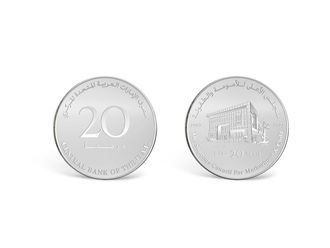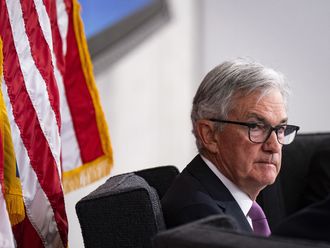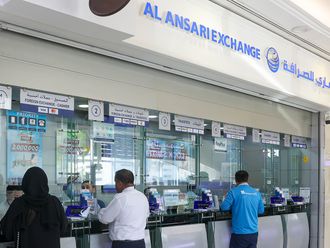Dubai: The United Arab Emirates central bank expects to raise as much as Dh10 billion within a year of offering its first Islamic certificates of deposit as it seeks to develop a money market.
Treasury Department Senior Executive Director Saif Hadef Al Shamsi said the bank was seeking to offer the Sharia-compliant instrument by the end of the year.
The authority currently holds Dh60 billion from banks through its conventional certificates of deposit, he said.
"There is a need for Sharia-compliant CDs to be issued by the central bank," he said. "No final product has been approved yet."
Central bank Governor Sultan Bin Nasser Al Suw-aidi said in March the UAE was working to pass a law establishing a federal debt market by the end of the year.
That would enable the central bank to issue Treasury bills, bonds and Islamic notes.
Malaysia, which has the world's biggest market for Islamic debt, and Bahrain, offer such securities as a monetary tool to manage liquidity and to develop benchmarks for short-term bond yields.
"The central bank cannot issue licences for Islamic banks and then ask them to accept products and services that are not Sharia-compliant," said Hussain Hamed Hassan, chairman of the Sharia Coordination Committee of the Islamic Financial Institutions in the UAE.
"The central bank only provides loans and deposit facilities for conventional banks."
Islamic law, or Sharia, limits investors to transactions based on the exchange of assets, not money alone, because interest payments are banned.
Sharia products must be approved by recognised scholars.












